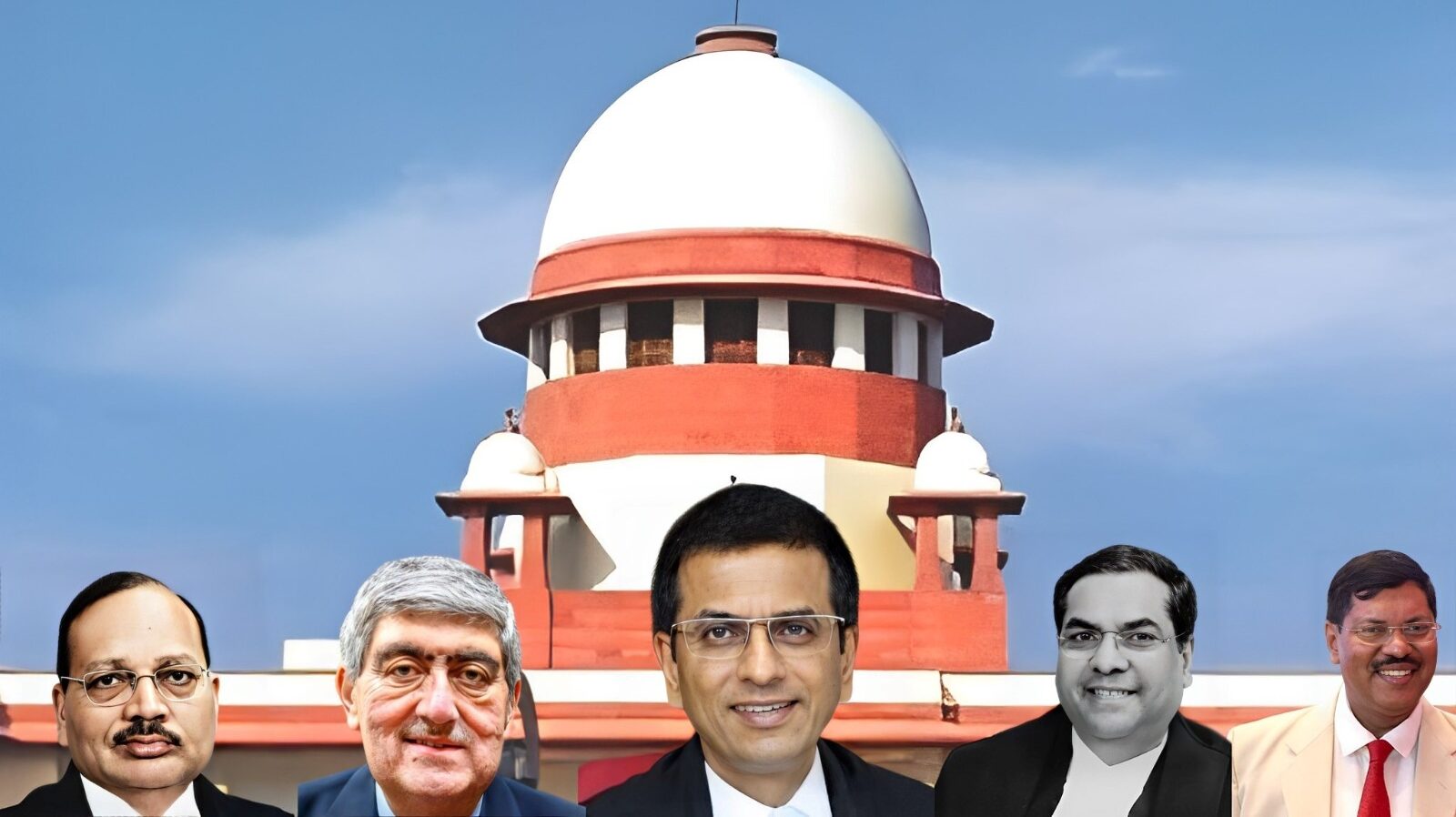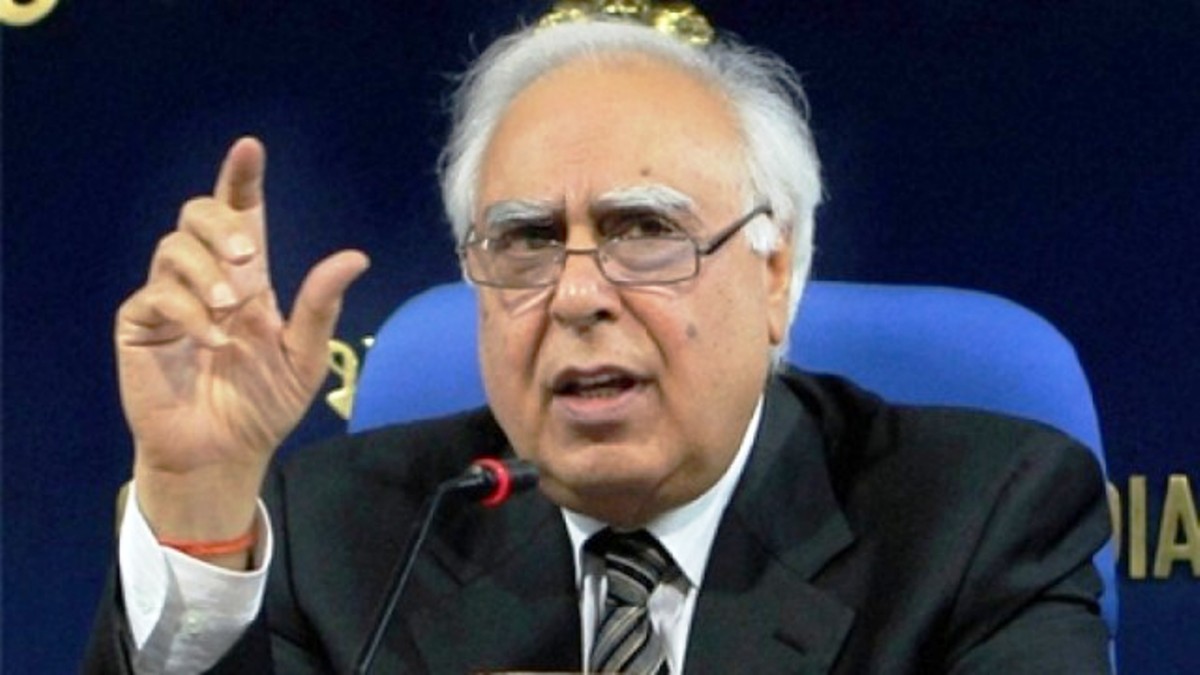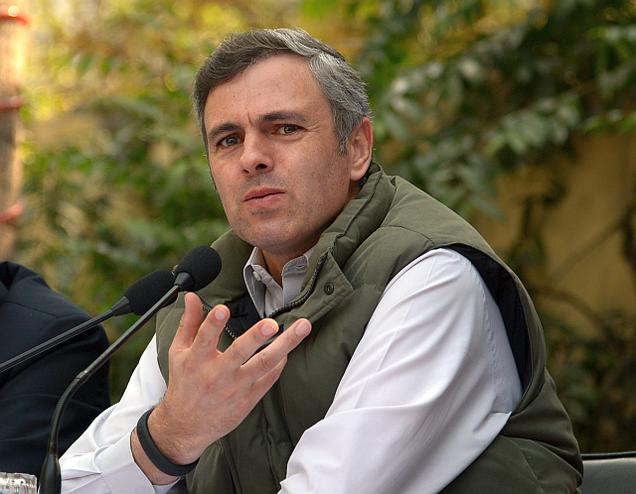SRINAGAR: The second day of the Constitution Bench hearing on the abrogation of Article 370 witnessed intense and heated discussions between the bench and counsels.

The Bench raised questions during the proceedings, particularly on whether a new category was being created apart from the basic structure of the Constitution that could not be amended. Justice Kaul questioned whether the shell of Article 370 should remain while the substratum was removed.
In response, Sibal emphasised that the abrogation was a political act and not a constitutional procedure. He argued that the parliament did not have the authority to take such a decision, and the Constituent Assembly had already exercised its choice, making any change to Article 370 legally untenable.
The judges and counsels also debated the power of amendment under Article 356 and its implications on Article 370’s abrogation.
A Constitution Bench of the Supreme Court of India, led by Chief Justice of India DY Chandrachud and comprising Justices Sanjay Kishan Kaul, Sanjiv Khanna, BR Gavai, and Surya Kant, is currently hearing a batch of over 20 petitions challenging the Central government’s decision to abrogate Article 370 in 2019. Article 370 granted special status to the erstwhile State of Jammu and Kashmir.
Sibal, who started the arguments on Wednesday, has not concluded yet. He will continue his arguments on Tuesday, when the case will come up for 3-day hearing next week. Sibal is representing Mohammad Akbar Lone of the National Conference.
Sibal argued that Article 370 could not be abrogated, as the Constituent Assembly of Jammu and Kashmir, which had the power to recommend its deletion, ceased to exist in 1957.

During the hearing, Senior Advocate Gopal Sankaranarayan intervened to point out that Article 370 could not be abrogated at one go but could be modified gradually. However, Justice Kaul questioned whether Article 370 could be permanently removed or only rendered infructuous.
The bench, so far, raised two questions – whether Article 370 of the Indian Constitution assumed a permanent character post-1957 when the Constituent Assembly of Jammu and Kashmir ceased to exist and to what extent can the President of India exercise powers under clause(d) of Article 370(1) to extend other provisions of the Indian Constitution as applicable to the erstwhile state?
Sibal addressed the second point, focusing on the powers conferred on the Parliament concerning clause (b) and clause (d) of Article 370(1).
The court delved into the nuances of these clauses. Clause (b)(i) of Article 370(1) restricts the powers of the Parliament to make laws for Jammu and Kashmir under the Union and Concurrent Lists of the Indian Constitution in relation to subjects mentioned in the Instrument of Accession, requiring “consultation” with the Jammu and Kashmir government.
On the other hand, clause (b)(ii) of Article 370(1) empowers the Parliament to make laws for Jammu and Kashmir under the Union and Concurrent Lists for matters not mentioned in the Instrument of Accession but with the “concurrence” of the Jammu and Kashmir government.
Chief Justice, made some observations on the construction of Article 370. He clarified that clause (b) of Article 370(1) does not grant the power to enact laws for the State of Jammu and Kashmir; instead, it recognises the existing power of the Parliament to make laws for the state. He emphasised that clause (b) is a “limiting” clause, making a distinction between ‘conferring’ and ‘recognizing’ a power.
Justice Kaul was of the view that clause (b) of Article 370(1) is indeed a limiting clause. He observed that the power of the Parliament to make laws for Jammu and Kashmir under clause (b)(i) of Article 370(1) is limited on two counts. Firstly, it is confined to matters in the “Union and Concurrent Lists.” Secondly, for matters in the Union and Concurrent Lists that correspond to subjects specified in the Instrument of Accession, consultation with the government of Jammu and Kashmir is a prerequisite.
The court then presented two plausible constructions of clause (d) of Article 370(1). The first interpretation is that if the President is making “exceptions and modifications” under clause (d) of Article 370(1) with respect to other provisions of the Indian Constitution and if these exceptions and modifications relate to a subject specified in clause (b)(i) of Article 370, “consultation” with the Jammu and Kashmir government is required. For matters not relating to clause (b)(i), “concurrence” of the Jammu and Kashmir government is necessary.
The second interpretation posits that even if the President is not making any exceptions and modifications, but some provision of the Indian Constitution is being made applicable to Jammu and Kashmir, the requirement of either “consultation” or “concurrence” of the Jammu and Kashmir government is still necessary. The court engaged in a thorough debate on these constructions, exploring the implications of each interpretation on the abrogation of Article 370.
The hearing saw another major issue cropping up with one of the judges asking what happens if Article 370 does not have a permanent character. Then, what is the manner in which Article 370 can be abrogated and was the procedure followed?
The petitioner explained that Article 370 took off as a transitory provision, providing for the convening of a constituent assembly in the erstwhile state. Once the constituent assembly came into being, it had the authority to opt for a “full merger” of Jammu and Kashmir with the Union of India. The Constitution was Jammu and Kashmir came into being that ratified the Article 370 of the Indian Constitution and then ceased to exist as a result of which Article 370 got “frozen in time” and assumed a continuous character.
The Constitution bench adjourned the hearing for further consideration and will resume on Tuesday, August 8. The decision on the abrogation of Article 370 holds significant implications and is eagerly awaited by the public and stakeholders involved in the matter.
The Union of India had recently filed a counter-affidavit, defending the abrogation as a historic constitutional step that had brought unprecedented development, progress, security, and stability to the region. They argued that the region had witnessed peace and progress since 2019, with schools, colleges, hospitals, and public institutions functioning efficiently without any disturbances.
The Story So Far















